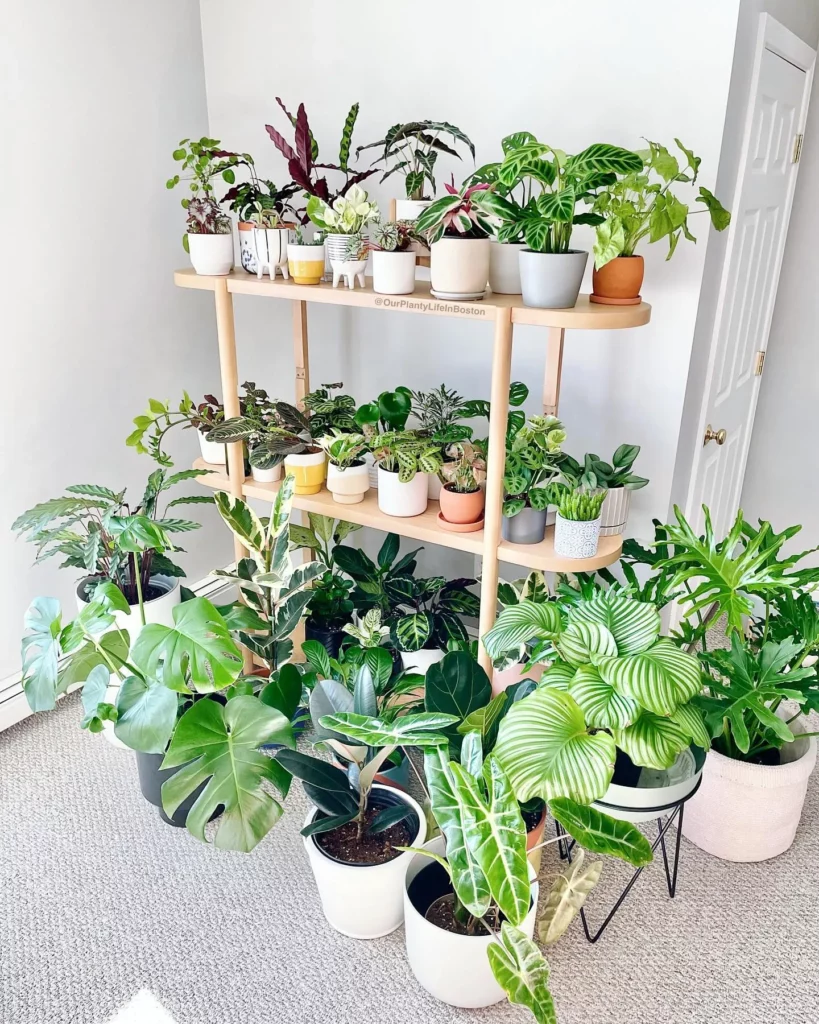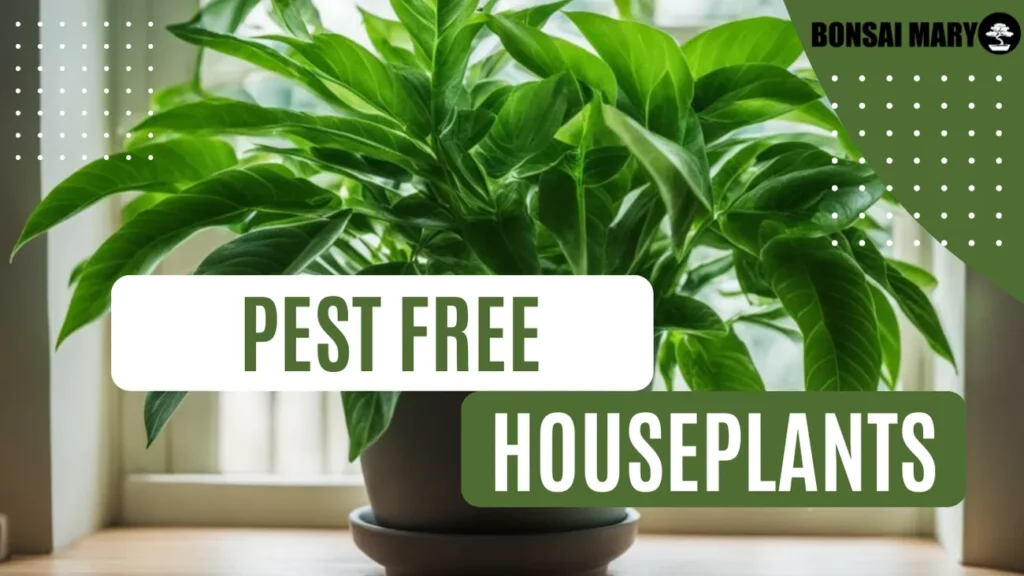The ultimate guide to pest control for houseplants provides tips and methods to maintain the health of your indoor plants while keeping them free from bugs and pests.
Are you tired of seeing your beloved houseplants fall victim to pesky bugs and insects? It’s frustrating to watch all your hard work go down the drain due to these unwelcome guests. But fret not, because this comprehensive guide is your ultimate solution to achieving Pest Free Houseplants!
No products found.
Good plant care practices are an important factor in maintaining a healthy home garden. With proper knowledge of Houseplant Health, you can create the optimal growing environment for your beloved plants. Whether you’re dealing with mealybugs, aphids, spider mites, or fungus gnats, this guide has got you covered.
Keep reading to gain insights into Pest Identification, Natural Pest Control Solutions, Pest Prevention, and advanced Pest Control Management techniques, as we deep dive into the different aspects of Pest Control.
Understanding Common Houseplant Pests

Before you can effectively control pests in your houseplants, it’s essential to identify the common culprits. Here are some of the most common houseplant pests you might encounter:
No products found.
- Aphids: Small, pear-shaped insects that typically feed on new growth and tender leaves.
- Spider mites: Tiny arachnids that can produce a fine webbing and cause leaf discoloration or leaf drop.
- Mealybugs: Soft-bodied insects that look like small bits of cotton and can harm the plant by feeding on its sap.
- Fungus gnats: Small, dark-colored flies that lay their eggs in the soil and can damage the plant’s roots.
Natural Pest Control Solutions for Houseplants

Are you worried about using harmful chemicals to control pests on your houseplants? Natural pest control remedies are a safe and effective alternative that can help keep your plants healthy and pest-free.
You can make your own insecticidal soaps using mild liquid soap and water to kill soft-bodied pests like aphids and spider mites. Neem oil is another natural remedy that can be used to control a wide range of pests, including mealybugs, scale insects, and whiteflies.
No products found.
Vinegar solutions made from equal parts of water and vinegar can be used to wipe down leaves and control mealybug infestations. Another alternative is to introduce beneficial insects like ladybugs or predatory mites that can feed on pests without harming your plants.
No products found.
- Tip: Research the specific pest you are dealing with before applying any natural remedy to ensure that you are using the most effective solution.
Preventing Pest Infestations in Houseplants

Preventing pest infestations in your houseplants is the best approach to ensure their health and quality of life. Here are some useful houseplant care tips to help you keep your plants healthy and pest-free:
- Water your plants appropriately: Overwatering can lead to root rot, a common cause of pest infestations. Make sure your plants’ soil is well-draining, and avoid standing water in the saucer.
- Keep your plants clean: Regularly clean your plants’ leaves and stems with a damp cloth to remove dust, debris, and potential pests. This also helps with air circulation and light absorption.
- Quarantine new plants: Before introducing new plants to your collection, inspect them thoroughly for signs of pests. Keep new plants isolated from the rest of your collection for a few weeks to ensure they are pest-free.
- Choose healthy soil: Healthy soil with good drainage provides an ideal growing environment for your plants and helps prevent pest infestations. Avoid using old or recycled soil, as it may contain pests or diseases.
Troubleshooting and Dealing with Persistent Pest Problems

Even with the best preventative measures, some stubborn pests may still persist and cause damage to your houseplants. Don’t worry; there are still plenty of tactics you can implement to overcome these challenges and regain control of your indoor garden. Here are some expert tips for managing persistent pest problems:
Identify the Pest
First, it’s essential to identify the specific pest that’s causing problems to your plants. Use a magnifying glass to identify insects such as spider mites, mealybugs, scale insects, or whiteflies. Once you determine their identity, research the most effective treatment measures for that particular pest. Remember that different pests require different management strategies.
Increased Monitoring and Cleaning
Step up your monitoring and cleaning routines to eliminate any pests that might still be lurking in your plants. Wipe down the leaves with a soft, damp cloth to remove any visible pests or eggs. Also, consider increasing the frequency of your watering routine since some pests, like fungus gnats, thrive in moist environments.
Insecticidal Treatments
If natural remedies aren’t effective, consider using targeted insecticidal treatments to address specific pests’ infestations. Be sure to read the label and follow the instructions carefully. Avoid over-treating, as this can damage the plant’s health and create resistance to treatment over time.
Systemic Pesticides
As a last resort, systemic pesticides can be used to manage persistent pest problems. However, these chemicals are not eco-friendly, and their use should be avoided whenever possible. Always read the instructions and safety information carefully before using these products.
By following these tips, you can troubleshoot and overcome persistent pest problems in your houseplants. Remember always to monitor and maintain your plants’ health to prevent pests from becoming a significant issue down the line. Happy gardening!





